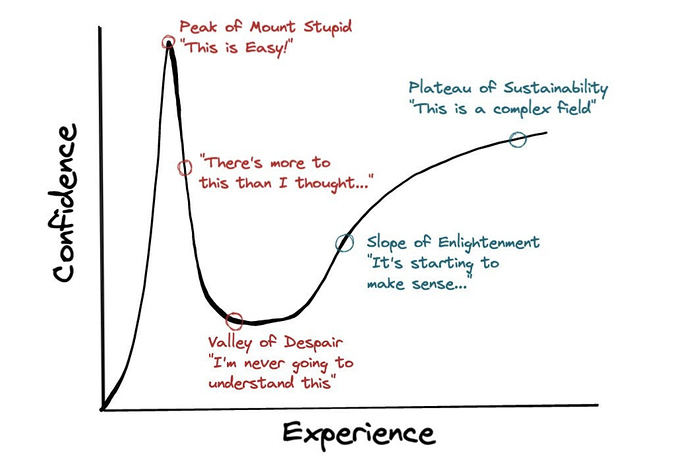To be fair - the crying comes from I want to trainer to PUSH PUSH PUSH me and make me work work work work. I cry when they’re quieter, I cry when they say “that was really nice or great job handling that” for the entire lesson.
because I am not paying for silent observation or to be complemented I am paying to be instructed and to learn. I rarely take group lessons because I am a really annoying student asking to make the exercise or task more work. I don’t like a “low” or “medium level trainers” for this reason. I ride currently with an FEI rider, and Grand Prix Show Jumper, and an Olympian’s home assistant trainer (even tho I am an average AA that does not want to jump more than 1m or 1.10m) because there is ALWAYS communication and they’re always looking to raise my awareness and my execution. and yes we DO have fun during all this.
I have some questions / suggestions that might help you.
Did you play sports as a kid or adult or maybe crossfit / olympic lifting, yoga, pilates, martial arts, swimming / diving. skiing, or hell even soccer beyond tiny tots just running around picking flowers instead of being ready freddy defense
or oil painting or tennis, dance or cheer or something?
Like have you been instructed on an activity before that requires mind/body connection and execution?
I am curious what your experiences are for learning that requires you to digest instruction and then mentally and physically manifest it.
For example - I find pottery or fine painting instructors as well as gym coaches / pilates and yoga teachers and folks at the Dojo are similar to my riding instructor and teach differently, but all require that mind - body - execution pathway. All of our relationships are communication and then execution based.
I know learning something is SO much harder as an adult (Sometimes in Pilates I just CANNOT make the reformer move in a way everyone else can - instructor breaks it down and I have tiny breakthroughs relatively often - I ask for help, I watch videos, I have goals of testing into level 2.5 (highest level) within 1.5 year of starting Pilates - and week by week the trend is generally upwards - sometimes I backslide and get stuck for a while but over a long enough time - the trend is generally up.
I would recommend starting another sport/ activity as an adult and see if your blockages translate to that activity as well. That would help you determine if its the instruction that isn’t landing with horses or if it is a you item - where you’re lacking maybe goals or maybe confidence or maybe neuroplasticity that can be exercised outside of horses but brought to your relationship with riding lessons.

 I finally said to him - I don’t know if it is my ADD, just my style or what. But can we adjust that you don’t talk to me while I’m jumping (jumping is where it distracts me the most) unless you think I am going to die
I finally said to him - I don’t know if it is my ADD, just my style or what. But can we adjust that you don’t talk to me while I’m jumping (jumping is where it distracts me the most) unless you think I am going to die 

 ).
). )
)
 )
)